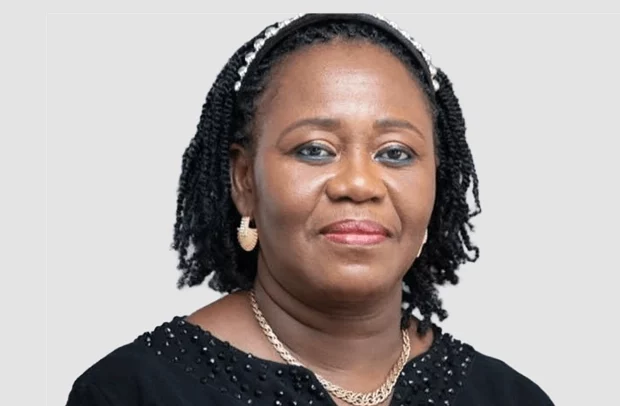- The Court Did NOT Dismiss the Main Case
The substantive human rights claim remains pending before the Court. The only component dismissed was the interim request for provisional measures as discussed earlier. It follows that Justice Torkornoo’s case is still alive and will proceed to a full hearing on the merits.
- The Court Did NOT Hold That the Pwamang Committee’s Process or Parliament’s Actions Were Sound
For emphasis, the Court made no findings on the composition, mandate, or procedural conduct of the Pwamang Committee; whether the committee’s investigative processes complied with principles of natural justice; the evidentiary basis or substantive validity of the committee’s findings; Article 146 procedures under Ghana’s Constitution; parliamentary vetting standards; or the conduct of the President or the Council of State.
Any portrayal of the ruling as “endorsing” or “validating” Ghana’s internal processes fundamentally misrepresents what the Court actually held.
- The Court Did NOT Refuse Relief Because the Case Lacks Merit
The decision turned exclusively on timeliness and urgency, not on the strength or weakness of the Applicant’s claims. The Court did not assess Justice Torkornoo’s substantive allegations because the criterion of urgency was not established due to delay in filing.
What this means
The Court, not in so many words, is saying: ‘You took too long to file this emergency request,’ not ‘Your case has no merit’ or ‘The processes used were lawful.’
VII. LEGAL COMMENTARY
- The Jurisdiction Finding Matters
The ECOWAS Court has decided that it can and will hear complaints about how a Chief Justice was suspended and removed, whether the investigative process was fair, and whether human rights were violated throughout this process. This is significant because an international court, not just Ghanaian courts, will examine what happened. The Court’s jurisdiction is not displaced by concurrent litigation in domestic courts.
- Why Provisional Measures Were Refused
The Court found that Justice Torkornoo waited approximately three months after her suspension to file her emergency request. By that time, much of what she feared had already transpired. This does not mean her main case is weak—it only means she did not meet the strict timing requirements for emergency relief.
- The Relationship Between Domestic and Regional Proceedings
The domestic courts are examining questions of constitutional interpretation and statutory compliance under Ghanaian law. The ECOWAS Court is examining whether Ghana complied with its obligations under the African Charter on Human and Peoples’ Rights. These two tracks of litigation are complementary, not mutually exclusive.
- The Real Questions Remain Unanswered
The questions that the ECOWAS Court will eventually decide, most likely, include: Was Justice Torkornoo’s suspension and removal consistent with regional human rights standards? Did the Pwamang Committee’s processes comport with principles of natural justice? Did Ghana’s actions breach its obligations under regional human rights instruments? Is Justice Torkornoo entitled to any remedy?
None of these questions have been answered yet. They remain open and will be determined after Ghana files its defence and the Court hears full arguments on the merits.
VIII. CONCLUSION
The ECOWAS Court’s ruling of November 19, 2025 did three things only
- Affirmed jurisdiction over Justice Torkornoo’s human rights claim.
- Dismissed Ghana’s preliminary objections in their entirety.
- Dismissed the application for provisional measures solely on the ground of lack of urgency due to delay, and ordered Ghana to file its defence within 30 days.
The Court did not rule on the legality of the suspension, removal, or replacement; validate any steps taken by the Pwamang Committee, Parliament, or the Executive; dismiss the substantive case; or pronounce on the merits of Justice Torkornoo’s human rights claims.
Accordingly, Justice Torkornoo’s case against the Republic of Ghana is alive, the fundamental legal questions remain open and unresolved, and the people of Ghana should proceed on the basis of facts and law, not spin, speculation or misrepresentation.
The ECOWAS Court will, in due course, deliver a final judgment on whether Ghana’s actions complied with regional human rights standards binding upon Ghana as a Member State of ECOWAS and a party to the African Charter on Human and Peoples’ Rights.
END OF BRIEF
Source: Richard Dela Sky


